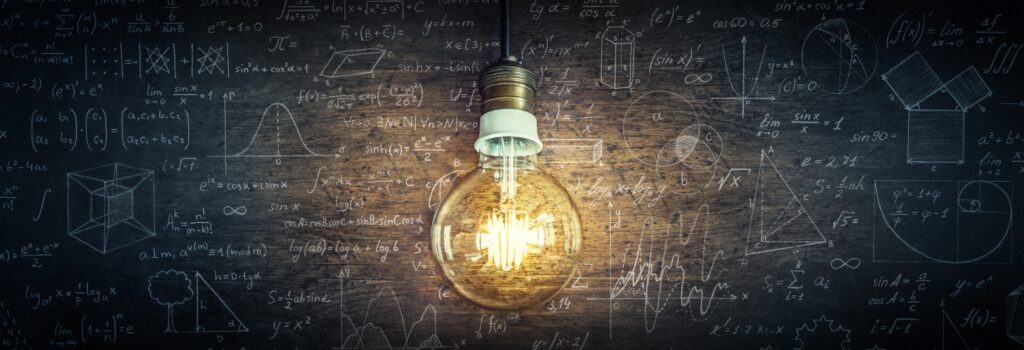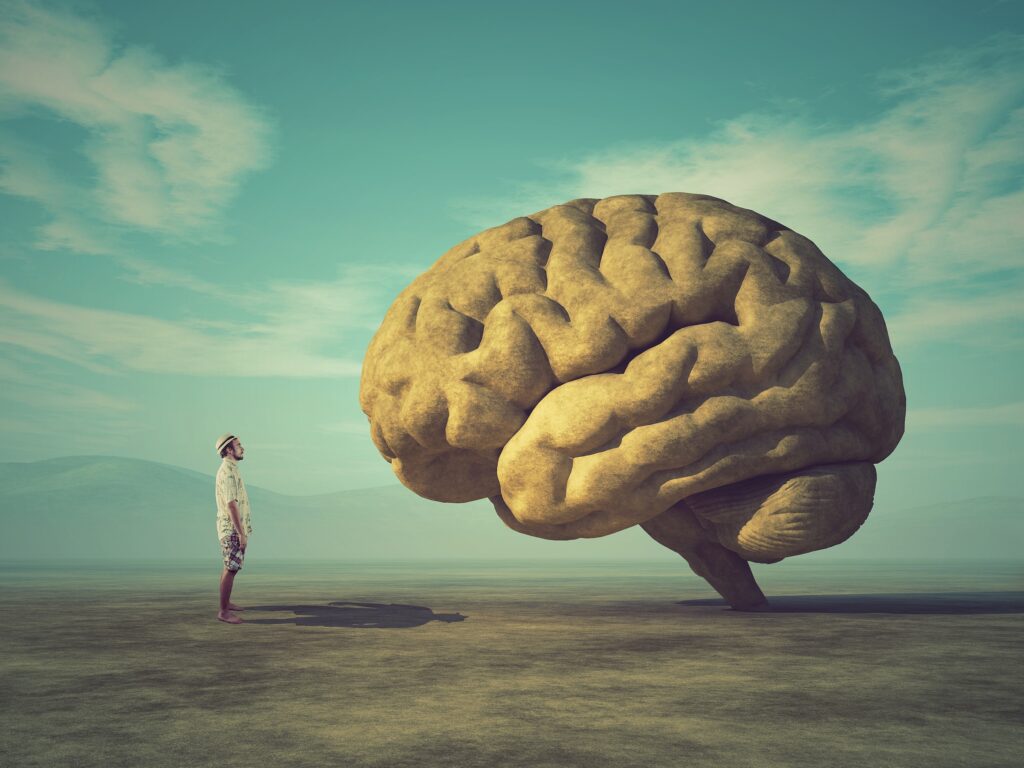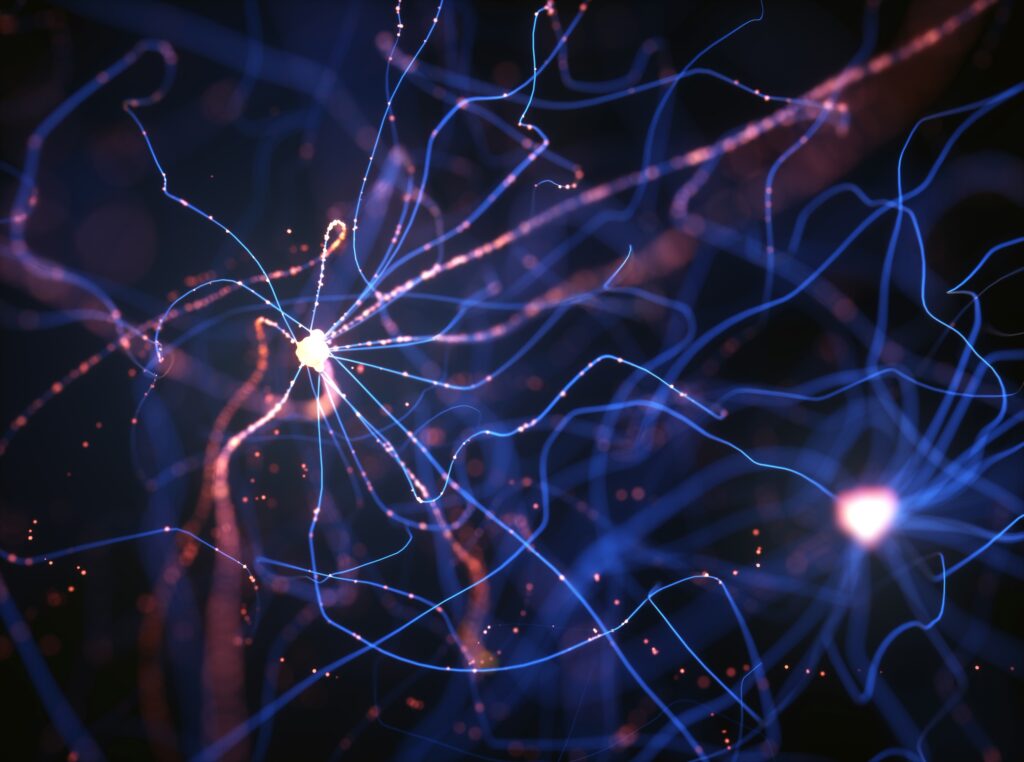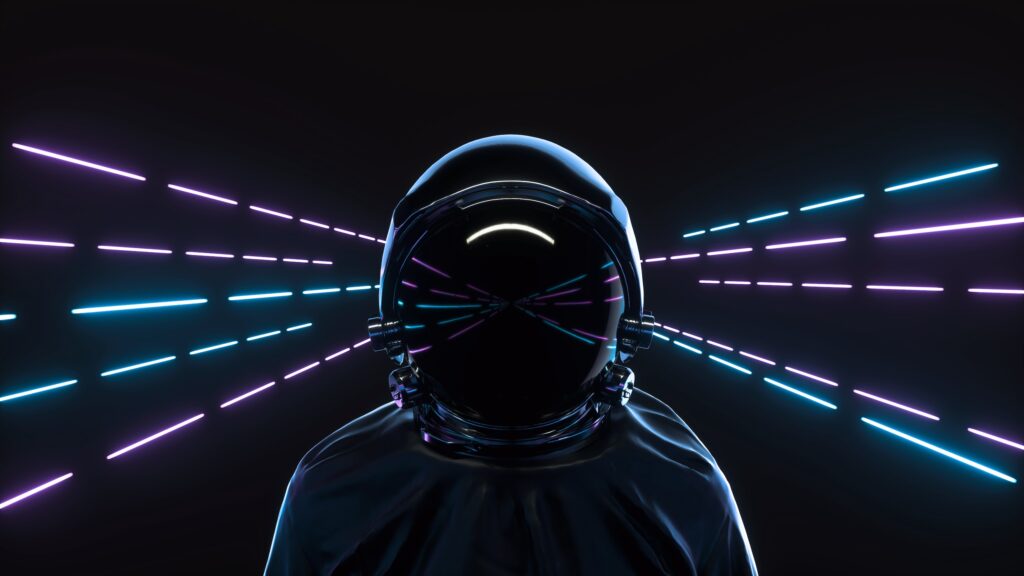Panel discussion, the physics of first-person perspective (day 1)
Debating | Quantum physics | 2023-02-26
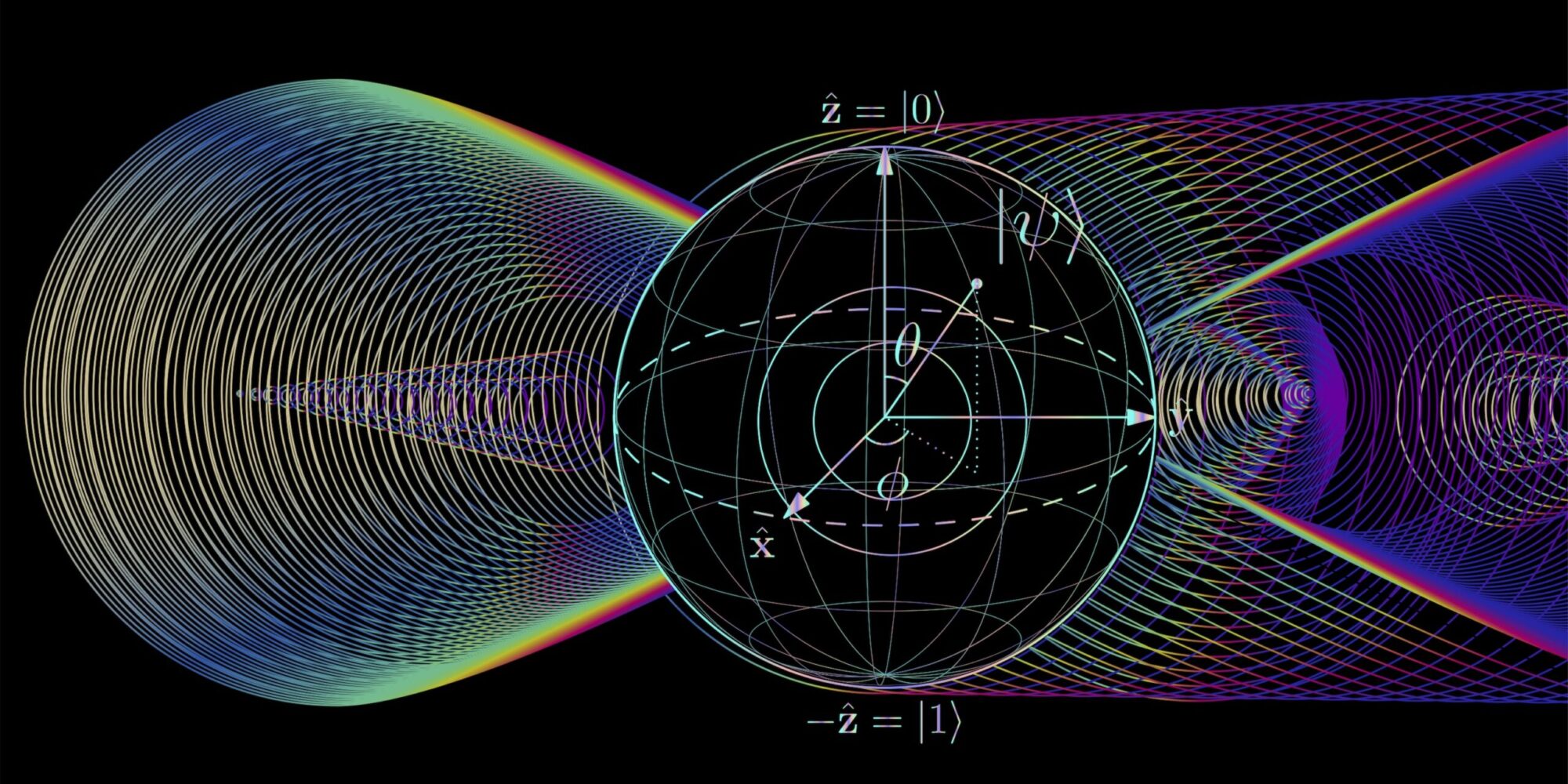
The Nobel Prize in physics in 2022 went to scientists who, for over 40 years, have carried out a series of experiments indicating that, contrary to materialist expectations, physical entities do not have standalone existence but are, in fact, products of observation. This result is extraordinarily relevant to our understanding of the nature of reality, and so Essentia Foundation, in collaboration with the Institute for Quantum Optics and Quantum Information, Vienna, of the Austrian Academy of Sciences (home to Prof. Anton Zeilinger, one of 2022’s Nobel Laureates in physics), organized a conference discussing the implications of this result. The conference was hosted by IQOQI-Vienna’s Dr. Markus Müller and featured seven other speakers.
A panel discussion with Markus Müller, Caslav Brukner, Nuryia Nurgalieva and Eric Cavalcanti, closed the first day of ‘The Physics of First-Person Perspective‘ conference.

Essentia Foundation communicates, in an accessible but rigorous manner, the latest results in science and philosophy that point to the mental nature of reality. We are committed to strict, academic-level curation of the material we publish.
Recently published
Reading
Essays
Seeing
Videos
Let us build the future of our culture together
Essentia Foundation is a registered non-profit committed to making its content as accessible as possible. Therefore, we depend on contributions from people like you to continue to do our work. There are many ways to contribute.










